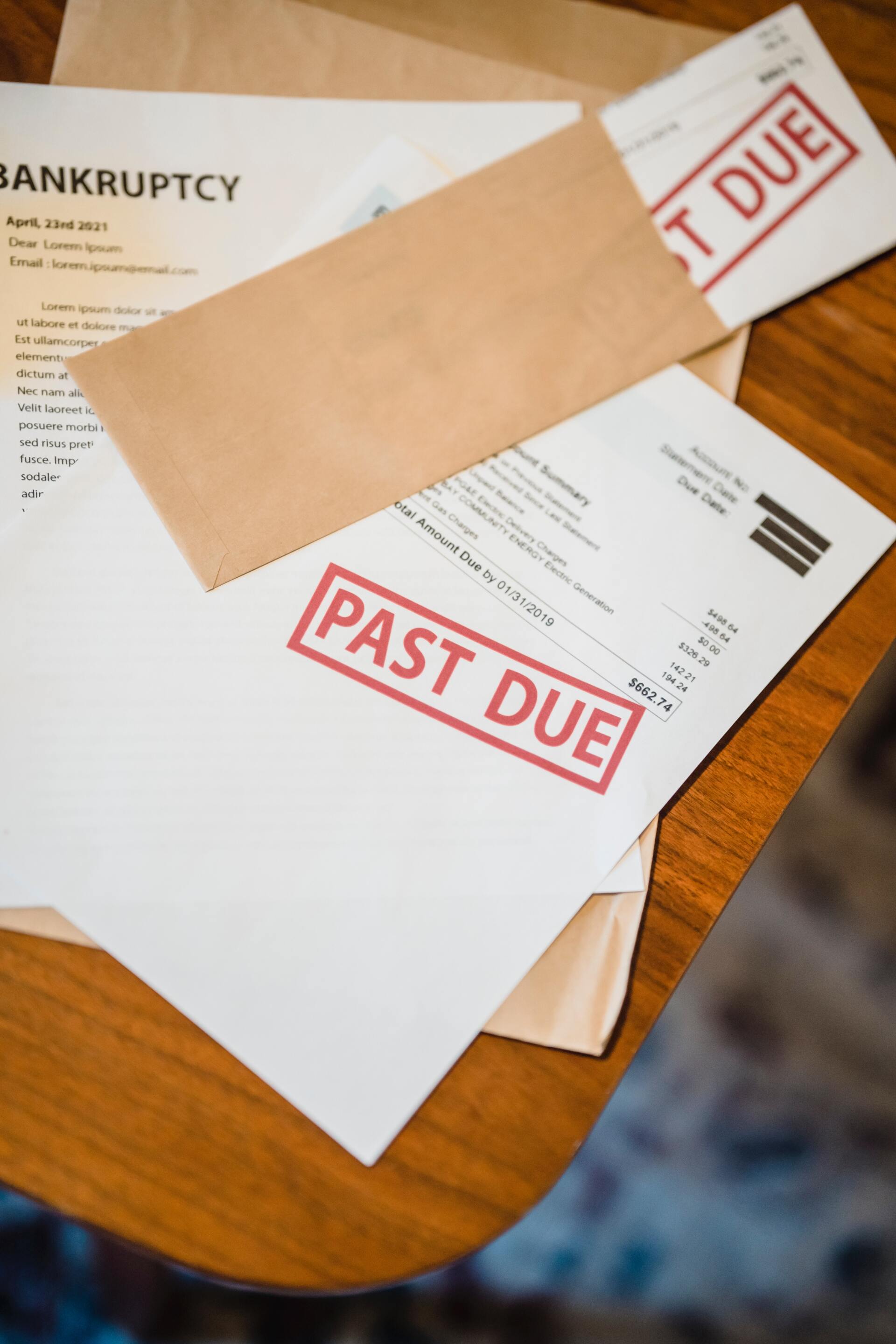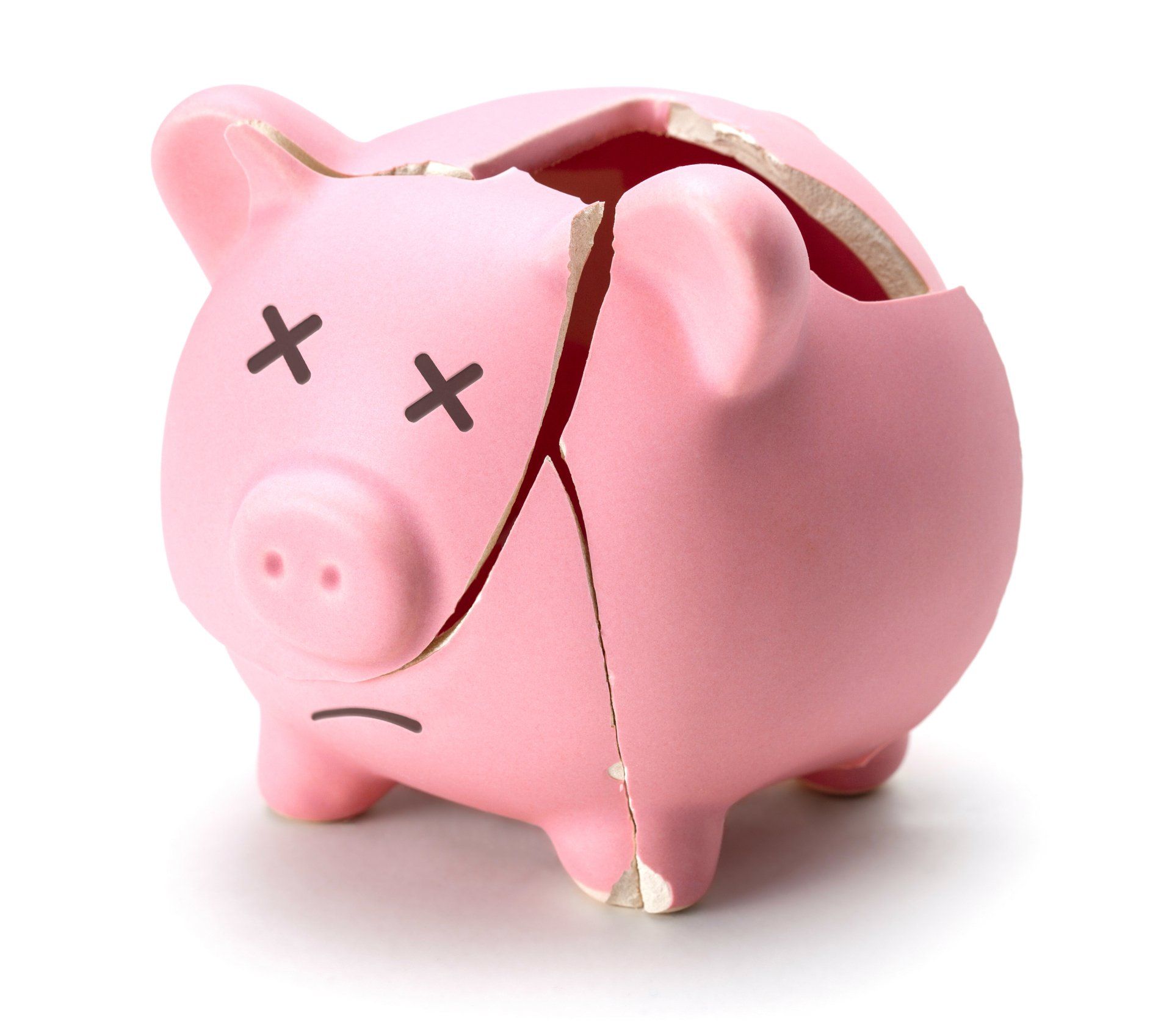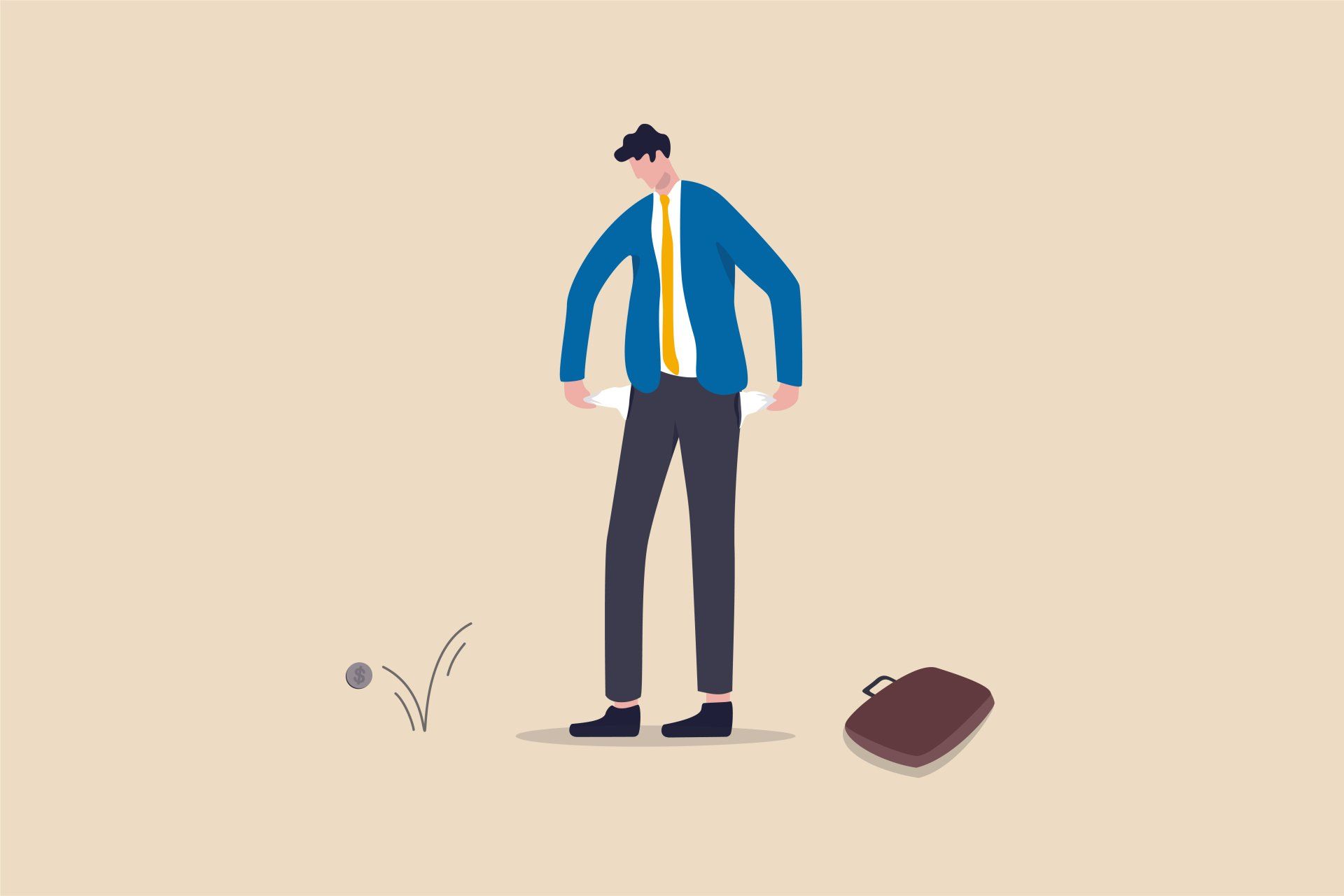Chapter 13 is an alternative to Chapter 7. We consider it only for our clients who would have some problems if they filed Chapter 7. It lasts much longer, usually 5 years, but, even if you have non-exempt assets, you don’t lose anything you own. In addition, you can get bankruptcy protection for a much longer period of time. This is important because then you can pay debts through your plan that would be subject to collection after Chapter 7, like recent taxes or back child support or alimony. See this link for more on the differences between
Chapter 7 vs Chapter 13.
What is Chapter 13 Bankruptcy?
Chapter 13 is a bankruptcy proceeding, so 80-90% of the paperwork is the same as in a Chapter 7. But you would only think of filing Chapter 13 if there was some reason that Chapter 7 wouldn’t work very well for you.
But because they are both bankruptcy cases, we fill out the same Petition, Schedules, and Statement of Financial Affairs, and the exemptions are the same. But the heart of a Chapter 13 case is the Plan. In it, we propose what you will have to pay in order to get a discharge at the case while keeping all of your assets. It isn’t automatically 100% and usually ranges from 5% to 50%.
The Chapter 13 Plan has to follow the rules built into Chapter 13, including that you must give the creditors as much as they would have gotten if you had filed Chapter 7 instead. It also must be supported by a budget that shows you can afford to make the necessary payments but can’t afford to pay more. You will have to provide information about your income, debts, vehicle loans, taxes, and more. It is the same in Ch 7, but as the basis for the plan, it gets a lot more attention in Chapter 13.
You really need to have a lawyer’s help in Chapter 13 because following those rules for the amount of the monthly payments is very complicated. We help our clients propose a Chapter 13 Plan and the budget needed to get it approved.
And, you don’t lose any of your assets in a Chapter 13 bankruptcy. See this
blog post
about what you might lose in a Chapter 7 bankruptcy.
Who Is Eligible for Chapter 13 Bankruptcy?
You have to have regular income to be able to file Chapter 13. So a Chapter 13 plan can not be just to sell property or for someone who has no income at all or can’t afford to make any payment. However, the income can be exempt from collections like social security or retirement, or even child support or alimony.
Also, there are limits to the amount of debt you can have. These were increased in June, 2022. Previously, the limit for secured debt was $1,395,875.00 and the unsecured limit was $465,275.00. Now, in a very significant change, the overall debt is limited to $2,750,000.00 instead of being split into categories. So now you could have a lot more than the old limits in either secured or unsecured debt and still be able to file Chapter 13.
Only non-contingent, liquidated, undisputed debt counts so a lawsuit or other claim that has not been determined to be valid or the amount of which hasn’t been determined isn’t included. Also, a personal guarantee of a debt that isn’t in default wouldn’t be included.
If you are over this $2,750,000.00 limit in secured and unsecured combined, then we would recommend that you consider Chapter 11, Subchapter V, if you need bankruptcy court protection.
You can always keep your business if you file Chapter 13. However, only individuals can file Chapter 13 so the only businesses that can be in Chapter 13 are sole proprietorships. Sometimes, to be able to protect a client's business in Chapter 13, they may have to consider selling the assets of their LLC or corporation to themselves so they can operate under bankruptcy court protection in Chapter 13.
Chapter 13 Repayment Plan
It is important to remember that you do not automatically have to pay 100% of your debts in Chapter 13. Many successful plans pay little or nothing on general unsecured debt while paying priority claims, like taxes, or secured claims in full.
For all of our clients, the amount of the monthly payments is crucial. And, of course, we want them to be as small as possible! But they have to be enough to pay what has to be paid including the priority debts, the trustee’s commission, and the legal fees for the rest of the case and it also may include some secured debt and unsecured debt.
Secured debts like mortgage arrears, tax liens, or some car loans have to be paid through the plan.
The amount that has to be paid on unsecured debts is based on two “tests.”
The first test says that the creditors have to be treated as well in Chapter 13 as they would have been in Chapter 7. So if there is something that the Chapter 7 Trustee would have sold, you’ll have to pay your creditors in Chapter 13 as much as they would have received in Chapter 7.
The second test says that you have to make your best effort to repay your creditors. This means a close look at your budget. It is important to have the help of an experienced attorney who has been through this process with the Chapter 13 trustees many times before.
The Chapter 13 Trustee
The Chapter 13 Trustees are appointed by the Court to represent the interest of the creditors, They have two roles to play. In Oregon, there are two Chapter 13 trustees: Naliko Markel, based in Eugene, and Wayne Godare, based in Portland.
First, they evaluate and respond to the proposed plan to make sure that our plan is feasible and that we are paying enough to the unsecured creditors. They also monitor the case throughout the life of the plan to make sure we are following the rules, like turning over tax refunds and reporting increases in income.
Second, they handle the payments and distribute the money to the creditors as provided in the approved plan. So the Chapter 13 trustee is both like the policeman who makes sure we aren’t breaking any rules and also like an escrow company that takes in and pays out money as instructed.
How Chapter 13 Can Help You
Chapter 13 can stop a foreclosure. It can give you protection against garnishment for taxes while you repay them over a 5 year payment plan. In contrast, the ODR will only give you 18 months outside of bankruptcy.
Chapter 13 can let you fix the value of the collateral for a secured debt and let you pay just that amount instead of the full amount that you owe. This is especially important for tax liens because often they are for much more in taxes than you have in assets.
Chapter 13 can let you keep assets like your home or business when there is non-exempt equity that the trustee in a Chapter 7 case would try to recover by selling your home or shutting down your business and selling its assets.
Wage Garnishments
Chapter 13 can not only stop wage garnishments and let you recover money taken in the 90 days before your case was filed like Chapter 7 but it can also prevent additional garnishments for taxes or past due child support or alimony for the entire time that you are in Chapter 13. This is very important since those garnishments could resume as soon as the discharge is entered in a Chapter 7 case, usually about 90 days after the case is filed. So you are quickly back in the situation where you are left with 75% of your net income to try to pay 100% of your living expenses, including house or car payments. So Chapter 13 gives you extended protection while you pay back the taxes or back support payments that would otherwise be subject to garnishment right after your Chapter 7 is over.
Foreclosure
Another powerful tool available in Chapter 13 is the ability to stop a foreclosure and reinstate your home loan.
In Chapter 7, you are on your own in trying to cure the mortgage arrears and the lender can reschedule a foreclosure sale as soon as the discharge is entered, usually about 90 days after Chapter 7 is filed. But Chapter 13 gives you up to 5 years of protection against another foreclosure sale and lets you cure the arrears through the plan and reinstate your loan.
So as long as you don’t miss more house payments or any Chapter 13 Plan payments, at the end of Chapter 13 you are all caught up on your house payments and don’t have to worry about another foreclosure sale.
Get Assistance With Your Chapter 13 Bankruptcy Case
If you think that you might need to file Chapter 13, contact us to discuss your questions. We can help by evaluating your alternatives including making a deal with the Chapter 7 trustee if the problem is non-exempt equity or your prospects for a settlement offer with the IRS or Oregon Department of Revenue if the problem is taxes that will survive a Chapter 7.
If Chapter 13 is the best way for you to get back to a normal financial life, we can help by making sure that you don’t pay more than you have to in your Chapter 13 Plan. With years of experience, we’ve helped hundreds of clients make it successfully through Chapter 13 by keeping their payments as low as legally possible.
We can make sure that tax liens are paid and removed or that your home is protected from foreclosure or judgment liens. Chapter 13 can be complicated and you need the help of attorneys, like us, who will give your situation the thorough and detailed attention it needs.
We’d be happy to talk to you about your individual situation and whether you have any reasons to think you might need to file a Chapter 13 instead of Chapter 7. You can
contact us to request a free consultation by phone, in person, or by a video link.
Chapter 13 Bankruptcy FAQ's






Share On: